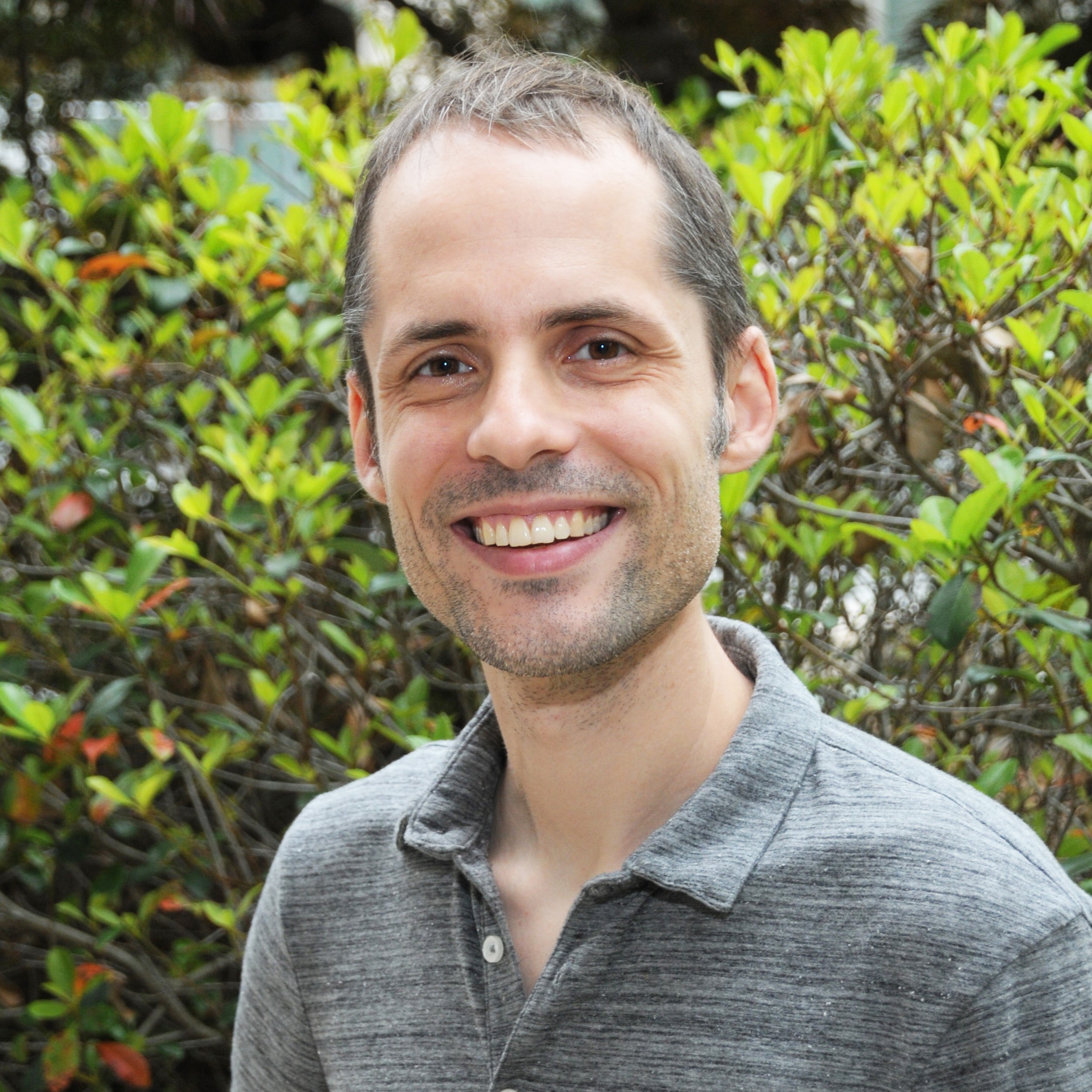Chris RodgersAssistant Professor
The Rodgers Lab
Lab Location: Whitehead Biomedical Research BuildingLab Phone: 404-727-
Education
- B.Eng, McGill University, 2007
- Ph.D., University of California, Berkeley 2013
Research Area
- Neuroscience
Research Description
Associated faculty in Biology. Main appointment in Emory School of Medicine Department of Neurosurgery.
Almost everything we know about the world, we know because we did something. For instance, you can recognize your phone on your bedside table in the dark by touching it with your hands. When that phone is lost, you can find it again by searching the room for the sound of its ringtone. The Rodgers Perception & Action Lab (PAC Lab) studies how neural circuits in the brain guide these motions by touch and sound, and how the same circuits can enable us to build resilience and cope with brain disorders.
To do this, we are developing new behavioral paradigms in which mice actively learn about the world, for instance, by moving their head and body to locate a sound. With machine learning and computational analysis, we identify their sensorimotor strategies by dissecting those complex behaviors into their individual components. Using electrophysiology and optogenetics, we monitor and manipulate large-scale neural activity in distributed sensory and motor brain regions, which work together to guide these behaviors.
Our goal is to understand how computations in the brain enable networks of neurons to process information and control the body. We also seek to understand how sensory, motor, and cognitive disorders change these computations, and what strategies mice learn to cope with or overcome those disorders. Ultimately, we hope to use these insights to engineer better therapies and rehabilitation paradigms.
Our lab's core values are mutual respect, good-faith mentorship, and honest feedback. We commit to maintaining a positive training environment, in which we support each other to thrive in science, do our best work, and progress toward our individual career goals.
Research Lab Description
Our lab studies how sensory and motor neural circuits work together to control the body, learn about the world, and overcome brain disorders. To do this, we use computational analysis and modeling to ask how freely moving mice explore and perceive the world, and how this changes during disease. We also use large-scale electrophysiology and optogenetics to reveal the distributed neural computations that enable active sensing.
